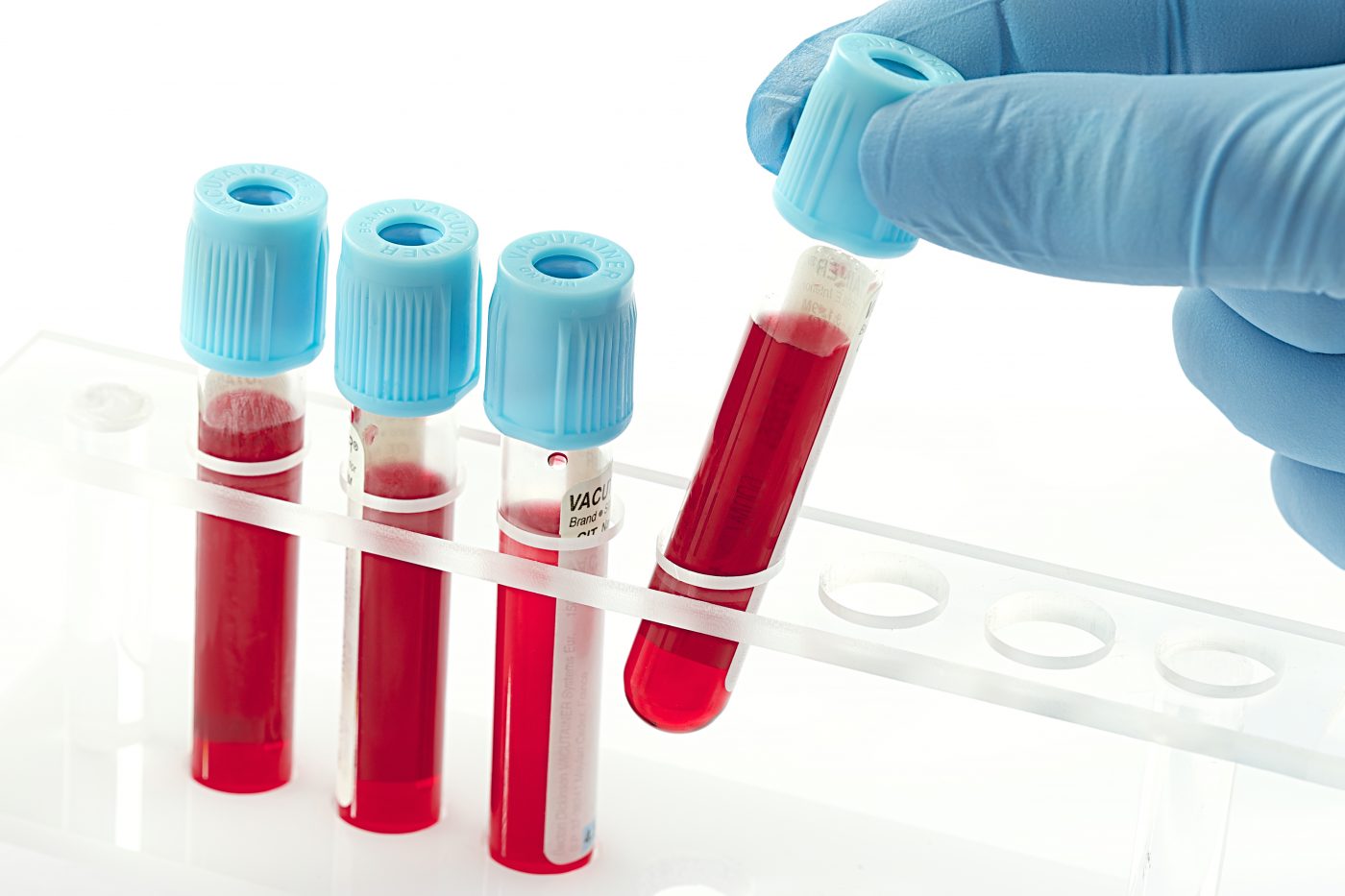New Blood Biomarkers of DMD and Glucocorticoid Response Identified
Written by |

Researchers have identified a new set of blood biomarkers of Duchenne muscular dystrophy (DMD) and of response to standard glucocorticoid therapy.
The study, conducted by U.S. and Canadian researchers, also found that glucocorticoid treatment can result in significant changes in the levels of proteins not related to DMD, highlighting the treatment’s non-specific effects.
The study, “Disease-specific and glucocorticoid-responsive serum biomarkers for Duchenne Muscular Dystrophy,” was published in the journal Scientific Reports.
In the past years, major advances have been made in the identification of blood biomarkers for DMD. So far, many have been confirmed in distinct groups of DMD patients and across different laboratories, suggesting that they are an attractive tool to assess disease progression and predict treatment responses.
However, previous studies have shown that age and glucocorticoid treatment — currently the standard therapy for DMD — influence the levels of such biomarkers, which may affect the identification of reliable biomarkers for this disease.
Researchers have now set out to identify reliable blood biomarkers through the comparative analysis of 1,310 proteins between blood samples of 18 boys with DMD (ages 4–10) who had not yet been treated with glucocorticoids and of 12 age-matched healthy children.
Join our MD forums: an online community especially for patients with Muscular Atrophy.
The analysis revealed 108 proteins that were significantly elevated and 70 significantly reduced in blood samples of DMD patients compared to those of healthy volunteers. Most of the elevated proteins (40%) were muscle-related, followed by pro-inflammatory proteins (12%). Decreased proteins were classified as related to muscle (21%), cell adhesion (20%), cell development and growth factors (17%), and immunity (17%).
About 45% of the identified proteins, including their direction (elevated or reduced) overlapped with previously identified biomarkers, emphasizing their potential role as biomarkers. The variety of the identified proteins also reflected the complex nature of DMD, researchers said.
To evaluate the effect of age on the 178 identified biomarkers, the team analyzed blood samples collected over approximately one year of 12 DMD patients who had not yet received glucocorticoid treatment.
Results showed that only three biomarkers — CCDC80, MAPK14, and MYBPC1 — significantly changed their levels over time; all showing a decline. MAPK14 and MYBPC1 are muscle-related proteins and the researchers stated their decline might reflect early muscle damage.
Biomarkers showing a stable level over time “could [also] be useful pharmacodynamic biomarker candidates to assess different therapies in DMD boys between the age of 4 to 7 years old,” the researchers stated.
When analyzing blood samples of 10 patients before and after receiving glucocorticoids, the team found that the levels of 107 proteins were significantly changed with glucocorticoid treatment — 86 proteins were reduced and 21 were significantly increased. In total, only 27 of these proteins overlapped with those identified as DMD biomarkers and 17 of them tended to return to levels seen in healthy individuals, suggesting that they could be considered reliable glucocorticoid-responsive biomarkers in this population.
“[Glucocorticoids] normalized only a small subset of [blood] protein biomarkers that were associated with the disease (17 out of 178 proteins) indicating the persistence of disease activity despite daily treatment with the drug,” they said.
Most changes in protein levels observed in patients treated with glucocorticoids were thus associated with effects of the treatment alone and not with the disease, emphasizing the importance of considering glucocorticoids use when validating DMD biomarkers.
Since one-third of the significant decreases observed with glucocorticoids were linked to proteins related to immune responses, this type of treatment was also found to suppress the immune system.
Future studies are required to better understand the role of these newly identified biomarkers in the development of DMD, their association with disease progression, and the clinical relevance of their response to glucocorticoid treatment.





